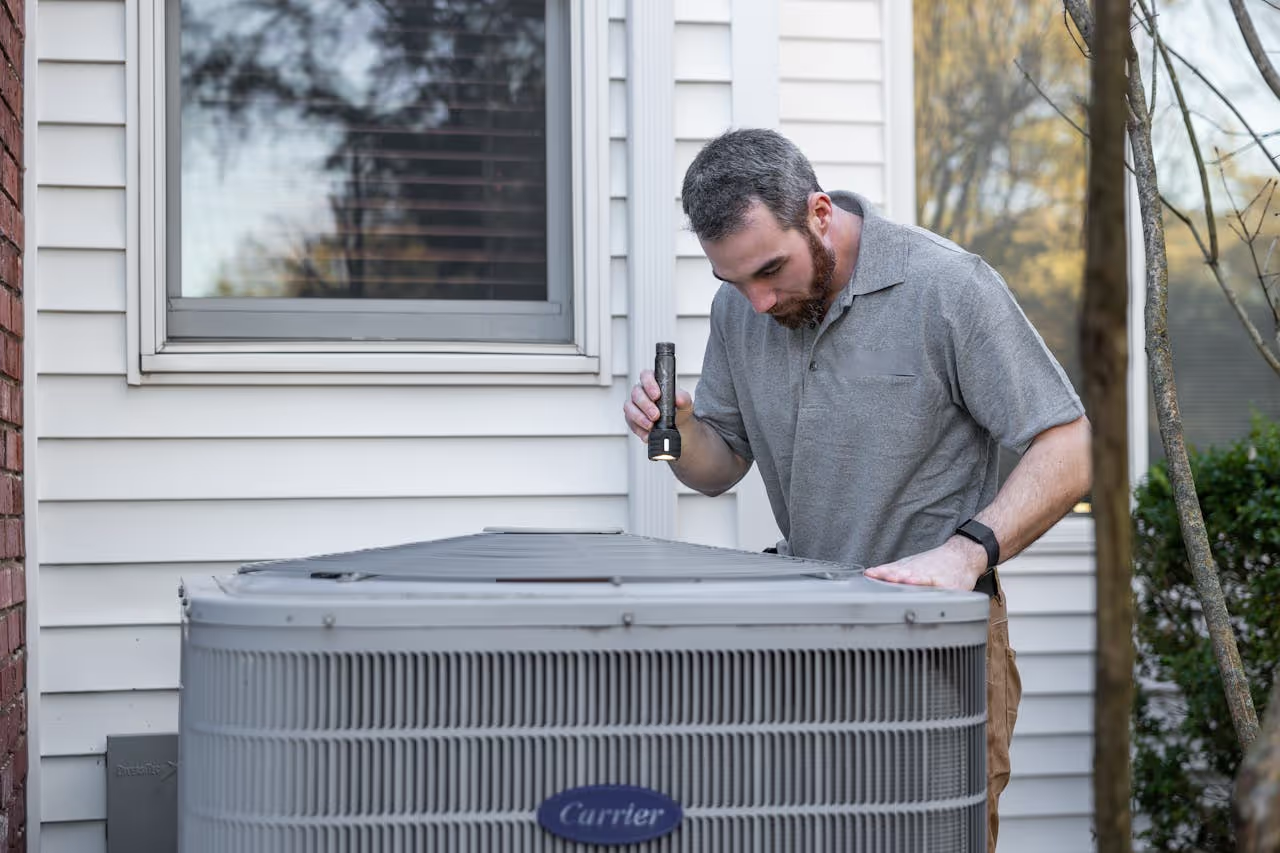Your Path to a Career in HVAC: Timelines, Training, and What to Expect
Are you considering a hands-on, high-demand career in heating, ventilation, air conditioning, and refrigeration (HVAC)? Many people want to know how long it takes to become a certified HVAC technician. The answer can vary, but with dedication and clear direction, you can find yourself in a rewarding position in a relatively short period. Here’s a step-by-step guide to how you can become an HVAC tech, the time invested, and what you can anticipate along the way.
Steps to Becoming an HVAC Technician
The journey to an HVAC career usually follows a few standard steps. These are designed to give you foundational knowledge, specialized skills, industry experience, and the required credentials. Here’s a breakdown:
- Earn a high school diploma or GED
- Complete an HVAC training program or apply for an apprenticeship
- Obtain required certifications (such as EPA Section 608)
- Gain on-the-job experience
- Consider advanced or specialty certifications for career growth
The Typical Education Timeline for HVAC Technicians
How long your journey takes depends on which education and training path you choose. Most people start with a high school diploma, which you may already have. If not, adult learners can earn a GED, which usually takes a few months to a year.
HVAC Technical School or Vocational Training
Most training programs for HVAC technicians take between 6 months and 2 years to complete. Here are some differences:
- Certificate or Diploma Program: About 6 months to 1 year. These focus on hands-on skills and industry basics.
- Associate Degree: Approximately 2 years. This path gives you a broader education, covering mathematics, technical writing, and more in-depth HVAC systems.
Many trade schools, technical colleges, and community colleges offer HVAC training programs.
HVAC Apprenticeships: Earning While Learning
An HVAC apprenticeship is a popular route for entering the field. Apprenticeships typically last 3 to 5 years. During this time, you work and earn a wage while learning both in the classroom and on the job. Many union and non-union programs are available, and apprenticeships often lead to higher pay and more advanced job opportunities.
Certification and Licensing: How Long Does That Take?
Most states and employers require specific certifications for HVAC technicians. The most common is the EPA Section 608 certification, which allows you to handle refrigerants. This test is usually completed at the end of your schooling or during your apprenticeship. The exam itself takes just a few hours, but some study time is needed.
Other popular certifications include:
- North American Technician Excellence (NATE)
- HVAC Excellence
- State licensing (varies by location)
Preparation for these certifications can take a few weeks to several months, depending on your training background and the requirements in your state. In some areas, you may need to complete a set number of work hours before you qualify for licensing exams.
How Fast Can You Start Working in HVAC?
Many students begin working in entry-level HVAC jobs while they are still in training. With a certificate program, you could start seeking HVAC technician assistant positions in as little as 6 months to a year. If you choose an apprenticeship, you start earning as soon as you’re accepted into the program, though you work under supervision until you finish your hours and classroom training.
- Quickest entry: 6-12 months with a certificate
- Apprenticeship route: Full HVAC tech status in 3-5 years
- Associate degree: 2 years
Skills You’ll Learn While Training
During your HVAC education and on-the-job experience, you’ll develop a highly marketable skill set. Here’s what you’ll typically gain:
- Electrical systems and wiring basics
- Heating and cooling installation, repair, and maintenance
- Safety and environmental regulations (including refrigerant handling)
- Blueprint reading and system diagnostics
- Customer service and communication skills
What Factors Influence the Time to Become an HVAC Technician?
Your timeline will depend on several key factors:
- Your choice of education (certificate, degree, or apprenticeship)
- Your state’s licensing requirements
- Availability of apprenticeships or job openings
- Whether you study full time or part time
- Your ability to pass certification exams quickly
Is Becoming an HVAC Technician Worth It?
HVAC technicians are in steady demand because everyone needs heating or air conditioning. According to the U.S. Bureau of Labor Statistics, the job market for HVAC techs is projected to grow steadily in the coming years.
Median annual wages reported for HVAC mechanics and installers are around $51,390 as of May 2022. Many technicians can earn more with experience, specialization, or business ownership.
Frequently Asked Questions About Becoming an HVAC Technician
How long does it take to become a certified HVAC technician?
You can become a certified HVAC technician in as little as 6 to 12 months through a vocational program. If you choose an apprenticeship, it may take 3 to 5 years to reach full certification. The time frame depends on your chosen training path and state requirements.
Can you work as an HVAC tech without a degree?
Yes, you can work as an HVAC technician without a college degree. Most employers require a certificate, diploma, or demonstrated work experience. Completing a formal training program can make you more competitive in the job market.
What certifications are needed to be an HVAC technician?
The most important certification for HVAC technicians is EPA Section 608, which is required for anyone handling refrigerants. Other valuable certifications include NATE and HVAC Excellence. Some states also require additional licensing or registration to work legally as a technician.
How much does HVAC school cost?
HVAC school costs vary by institution and program length. Certificate programs may cost $1,200 to $15,000. Associate degree programs can cost $7,500 to $30,000. Apprenticeships often pay you a salary while you learn so you may have lower direct costs.
How can I get HVAC experience before I’m certified?
Many students work as HVAC assistants or helpers during training. You can also look for internships offered through your school or participate in a registered apprenticeship program, where you earn while you learn on job sites.










.svg)



